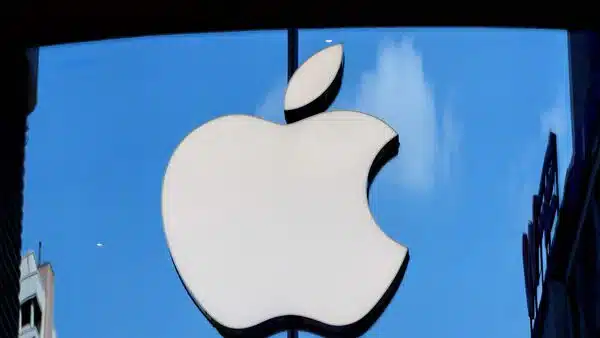Challenges Apple Faces in Shifting iPhone Production

Apple’s ambitious expansion plans in India are facing scrutiny from U.S. President Donald Trump, who has expressed his desire for the tech giant to relocate its iPhone manufacturing back to the United States. Currently, Apple produces approximately 40 million iPhones annually in India, which accounts for about 15% of its total production. Trump has made it clear to Apple CEO Tim Cook that he is not in favor of the company’s manufacturing operations in India, urging a shift to U.S. soil instead.
Trump’s Concerns Over Apple’s Manufacturing Strategy
During a recent conversation with Tim Cook, President Trump voiced his discontent with Apple’s manufacturing presence in India. He stated, “I had a little problem with Tim Cook yesterday. I said to him, ‘Tim, you’re my friend. I treated you very well. You’re coming in with $500 billion (investment). But now I hear you’re building all over India. I don’t want you building in India.'” Trump emphasized that he believes the U.S. should be the primary location for Apple’s manufacturing efforts, suggesting that India is capable of managing its own production needs. Following their discussion, Trump indicated that Apple might consider increasing its manufacturing operations within the United States.
Challenges of Shifting Production to the U.S.
The prospect of Apple moving its manufacturing operations to the United States presents significant challenges. The company has established a complex supply chain in China over the past few decades, which would be difficult to replicate in the U.S. Neil Shah, Vice President of Research at Counterpoint Research, noted that Apple relies on over 1,000 components for each iPhone, and building a similar supply chain in the U.S. would require substantial time and investment. He explained, “It took almost a decade for Apple to build such a complex and high-quality supply chain. If not China for U.S.-bound iPhones, then India remains the only potential manufacturing destination for Apple.”
Experts warn that relocating production could lead to a significant increase in iPhone prices, potentially tripling the cost to consumers. This price hike could jeopardize sales of Apple’s flagship device, raising questions about whether American consumers would be willing to pay $3,000 for an iPhone that currently retails for around $1,000.
Apple’s Commitment to India
Despite Trump’s recent remarks, Apple has reaffirmed its commitment to investing in India. The company has been working with manufacturing partners like Foxconn and Tata Group to expand its operations in the country. Government officials confirmed that Apple plans to continue its investments, particularly in light of the production-linked incentive (PLI) scheme introduced post-COVID. While the company is reviewing its plans for exclusive supplies to the U.S. market, it remains committed to regular investments and the ongoing diversification of its manufacturing base.
Tim Cook had previously identified India as a crucial source for iPhone deliveries to the U.S. market. However, following the recent trade agreement between the U.S. and China, Apple is reassessing its ambitious expansion strategy in India. Sources indicate that while regular expansion plans will continue, the specific iPhone manufacturing plans aimed at the U.S. market are currently under review.
The Future of Apple’s Manufacturing Strategy
Historically, Trump has attempted to persuade Apple to relocate its manufacturing to the U.S., but these efforts have not yielded results. His administration had previously excluded iPhones from tariffs imposed on Chinese imports. Analysts suggest that Trump’s recent comments may serve as a negotiating tactic in ongoing trade discussions between the U.S. and India. Neil Shah posits that the U.S. may be leveraging its request to Apple to gain an advantage in negotiations, recognizing India’s need for major companies like Apple to foster a robust domestic supplier ecosystem.
As Apple navigates these complex geopolitical dynamics, the future of its manufacturing strategy remains uncertain. The company continues to explore options while balancing the demands of the U.S. government and its commitment to expanding operations in India.
Observer Voice is the one stop site for National, International news, Sports, Editor’s Choice, Art/culture contents, Quotes and much more. We also cover historical contents. Historical contents includes World History, Indian History, and what happened today. The website also covers Entertainment across the India and World.

